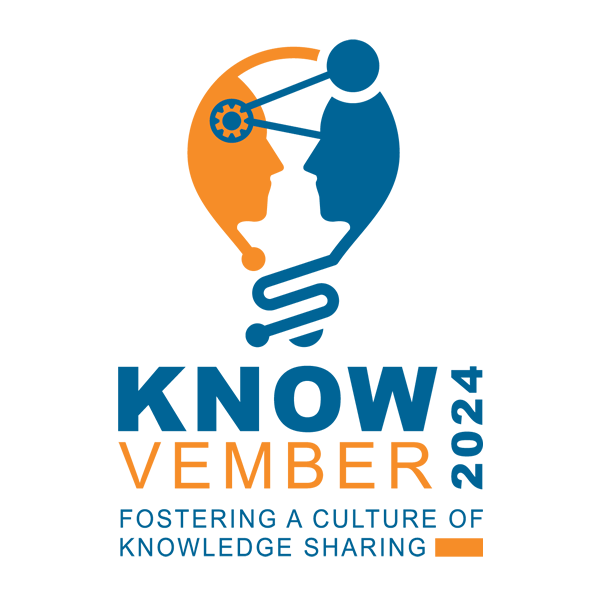
What is Knowledge Management?
Knowledge management (KM) is a multifaceted discipline that encompasses the creation, sharing, utilization, and preservation of knowledge within organizations. As organizations increasingly recognize the importance of knowledge as a critical asset, KM has emerged as a vital practice in enhancing operational efficiency, fostering innovation, and maintaining competitive advantage. This paper explores the definitions of KM, its historical evolution, key components, and the critical role it plays in organizations today.

Building of Public Sector Knowledge Networks
In this Paper Dawes et al (2009) presents an important discussion on the need for public sector organizations to adopt a more collaborative, open approach to information sharing. By overcoming traditional information boundaries, these organizations can build more robust knowledge networks that better equip them to solve complex problems, improve decision-making, and enhancing the overall effectiveness of public services.

KM Enablers, Components and Benefits
The authors of this paper recognize that KM is critical for organizational success in the 21st century. Through their comprehensive review of KM literature, they present an integrated view of KM enablers, components and benefits. This paper will help the reader gain deeper insight into the requirements for implementing effective KM and the benefits that can result from such an initiative.

